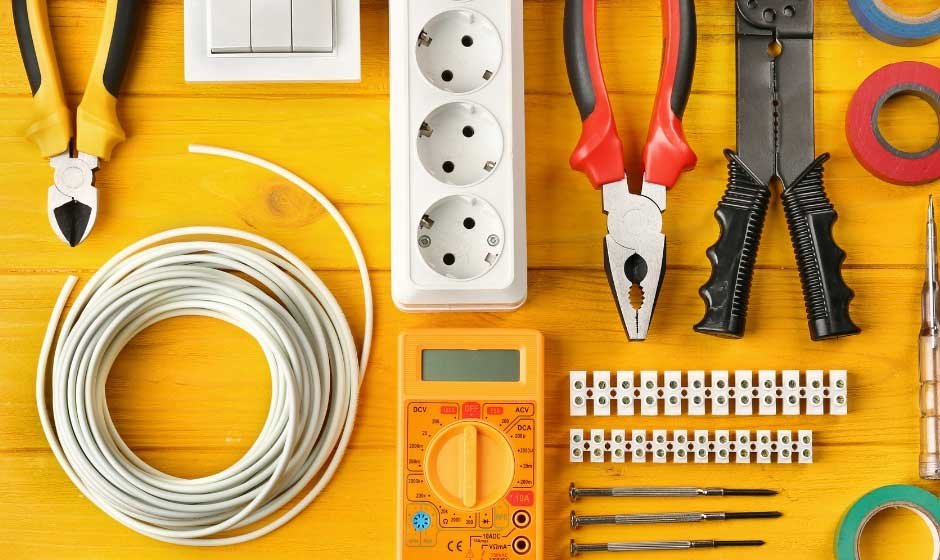Electricians have many elements of their job that carry risk – one of those being accurate voltage testing. It’s more than a technical necessity. It can be the difference between life and death. Electricians rely on their precise measurements to keep people safe, diagnose issues and make sure installations are up to code. Here’s why having the right voltage testing tools in your arsenal can make all the difference as an electrician, regardless of whether you’re working on residential or industrial projects.
Multimeters – The Essential All-in-One Tool
As the cornerstone of an electrician’s testing equipment, these versatile devices are turned to in many scenarios. Measuring voltage – both alternating current (AC) and direct current (DC) – resistance and current, they’re the MVP of comprehensive electrical diagnostics. Even better, digital multimeters can provide auto-ranging, data logging and true RMS measurements for as precise reading as possible. Multimeters are something all professional electricians should keep close at hand.
Voltage Testers for Quick and Easy Readings
While detail is often preferred, sometimes speed is of the essence. In these situations, voltage testers come into their own. Non-contact voltage testers (NCVTs) are able to detect the presence of voltage without needing direct contact. That makes them the perfect for initial safety checks. At just the size of a pen, they’re easy to keep on you and can be a real life-saver when identifying live wires. Taking it a step further, two-lead contact tests can also include visual indicators so an electrician can confirm everything has been wired up properly.
Clamp Meters for Measuring Current Without Direct Contact
Equipment is always advancing, and clamp meters represent a significant step forward for electrical testing. These specialized tools measure current by clamping around a wire, rather than needing circuit interruption, minimising risk in high voltage environments. Many also have multimeter functions to offer voltage and resistance testing as well, making this single tool especially valuable when working on industrial equipment or large-scale electrical systems.
Analog Voltmeters vs. Digital Meters – When to Use Each
Although digital meters are preferred by many, analog voltmeters still have certain advantages in some scenarios. While digital meters provide rapid, precise numerical reading, analog devices excel at monitoring fluctuating voltage levels. Their moving needle gives you a visual indicator of voltage changes in real-time, making instabilities as clear as possible. Having both an analog and digital voltmeter means you’ll always have the right tool for the job.
As having the right voltage testing equipment serves as a safety barrier between electrician and their work, having access to the right tools at all times isn’t just convenient – it’s essential to getting the job done efficiently with minimal risk.










